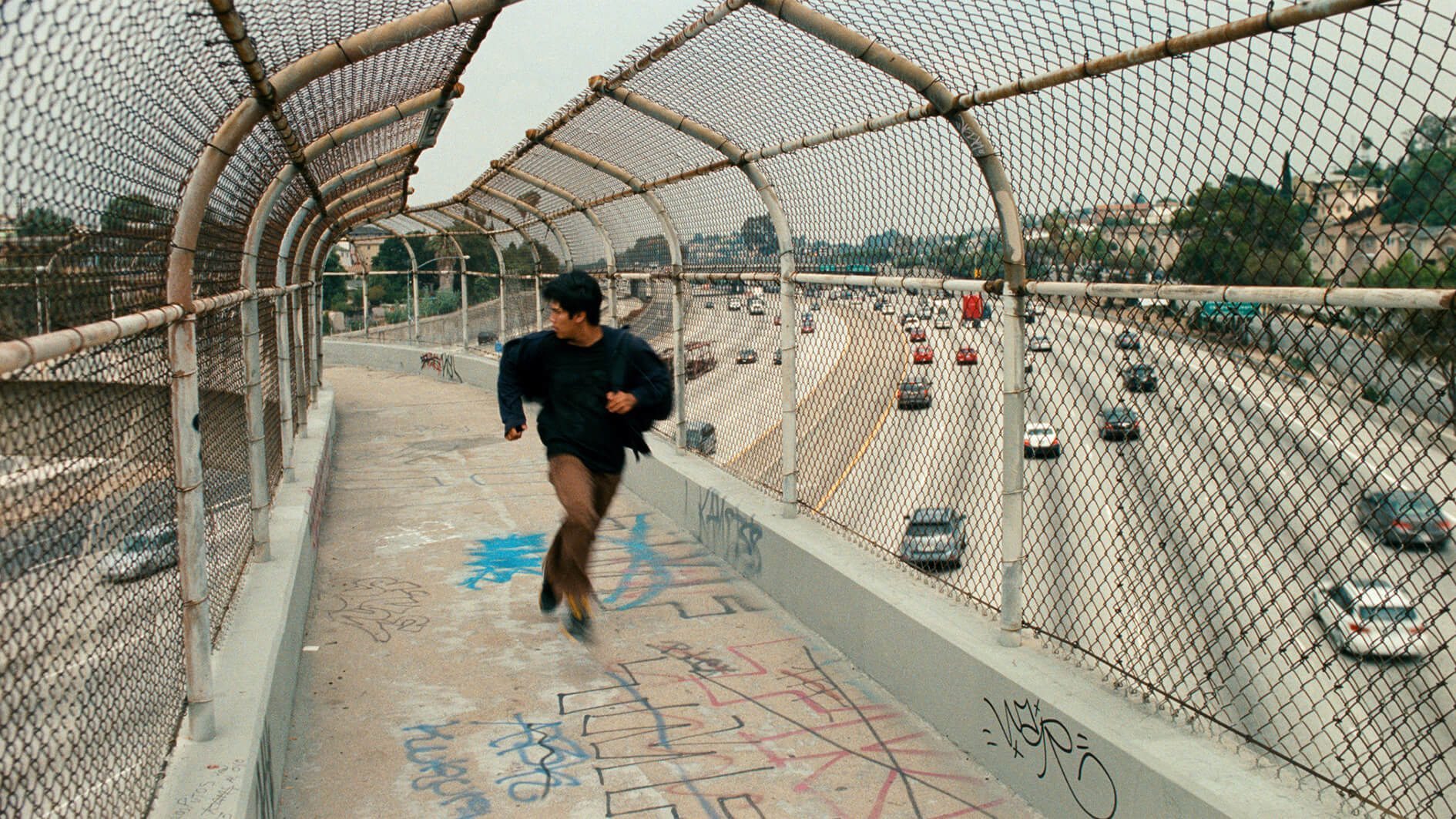Berlinale: Soy Nero
We live in a world defined by borders. Where you are from and what documentation you carry affects your rights as a human being. For Nero (Johnny Ortiz), in the film Soy Nero, despite growing up in Los Angeles, he finds himself deported back to Mexico. This seems inherently unfair, but he will not let this stop him realising his dream. Determined to be an American citizen, he realises that his only option is to serve in the American army, which due to the ‘Dream Act’ implemented after 9/11 allows those with non-American identification to obtain a green card by fighting overseas.
The film is split up into three lengthy parts: the border crossing and ride he hitches to LA, when he stays at his brothers house, and his time serving somewhere in the Middle East. This use of episodic structure allows Pitts to cleverly analyse and compare the ways in which non-white people are used and abused by structurally racist institutions.
Admittedly, some parts – such as a mini-road trip where Nero is picked up by a conspiracy-spouter – go on for too long, yet in its steady accumulation of opinions and impressions, the film grows into a clever dissection of what it means to be a both an American, and a person of colour.
Yet apart from one unnecessary outburst, this film avoids didacticism in favour of satire. Pitts has a good eye for humorous detail – whether that’s the gaudy mansion his brother seemingly occupies in Beverly Hills, replete with stuffed Zebras and other various animals, or the volleyball game played between Americans and Mexicans across the border – that elevates the film above merely being pedagogical.
There is plenty of beauty to be found as well. When he first makes it over the border it is New Years Day – so he is tracked running past the guards with the sky beyond him lit up in different colours. Additionally, the scenes in the desert are excellently photographed to resemble a fever dream, and the action sequences crackle and pop with tension.
There is a certain irony in these juxtapositions. After being hounded for his ID constantly in America, he is posted as a border guard in the Middle-East, where his primary duty is to ask passing families for ID. It seems that in order to become an American, he has to take part in the good-old American tradition of racial discrimination (although this is somewhat justified by the fact there is an actual war going on). By making its coloured peoples participate in such structures, Soy Nero shows the way that discrimination can become normalised and part of a larger hegemony.
Coming at a particularly charged time for discussing migration – the great swathes of Syrian refugees coming through Europe, and the leading Republican nominee proposing a border wall between Mexico and the US – the film makes a strong case for more tolerance for minorities and people of colour, especially those who die to become citizens.
As a white man with an Irish passport, I will never know what it feels like to be harassed at a border or randomly stopped and searched by the police based on the colour of my skin. Films like Soy Nero need to exist in order to expose the concept of borders and nationality for the absurdity that they are.
Director: Rafi Pitts
Starring: Johnny Ortiz, Pollyana Uruena
Running Time: 120 minutes


Comments